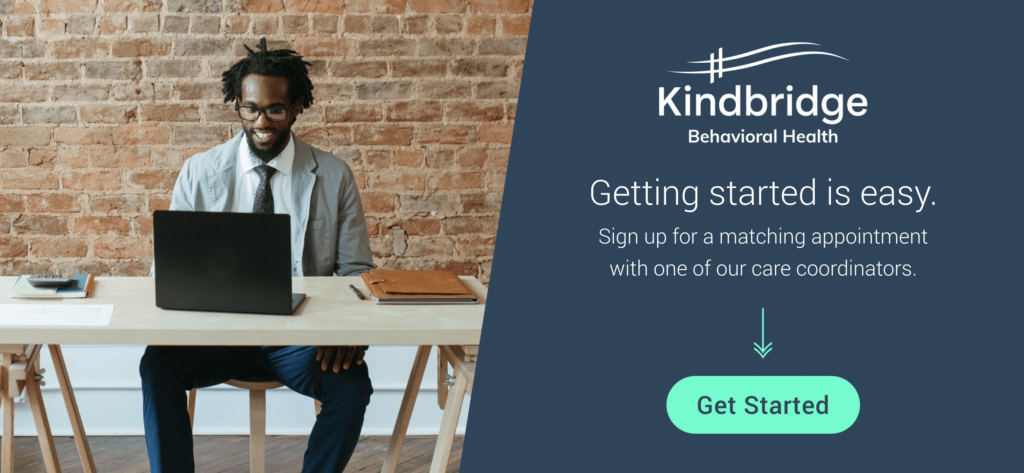There are six types of depression. If you would like to learn more about how they are classified and what the signs and symptoms are, click here. You may also take our test to find out how depression is impacting your life. Although, you have already recognized that it’s correlated to one concern – gambling. You find that when feeling depressed you are more likely to visit a casino and/or spend significant time on online betting platforms. This is problematic, as a depressed gambler (so to speak) faces a greater risk of gambling disorder than the general population. The good news, is that you’ve decided to take action by researching information on why you participate in the activity when in an “emotional funk”. Allow us to take it from here with a look at the causations, consequences, and most importantly, the solitions.
Why It’s a Bad Idea to Gamble When Fighting Feelings of Depression (and what needs to be done)
Leads to Habitual Behavior
Gambling can cause your brain to release dopamine, which is the “feel-good” neurotransmitter that makes you feel excited. Even losing money can trigger its release to the same extent as winning. This may be why you gamble when feelings of depression creep into your psyche. When your brain and body become accustomed to this psychological and physiological response, habitual behavior can form. Once it becomes habitual, your brain gets used to the dopamine, which makes that elevated feeling difficult to sustain at the same level of gambling that you started with. Consequently, you may have to gamble more often and/or for longer periods to sustain the same level of pleasure. This depression-induced neuroadaptation can enhance habitual learning and contribute to an enhanced vulnerability to develop gambling disorder. If you find that you’re using gambling to elevate out of a depressed emotional state, please understand that you’re setting the table for consequences beyond lost wagers. Keep reading.
Creates Stronger Feelings of Depression
Most people don’t have the time or resources to gamble all day, so at some point you have to take a break. However, when you do, you may experience a post-gambling dopamine crash. For the average person this can bring on feelings of depression. For someone who is already predisposed to depression, the post-gambling drop in dopamine is especially problematic. Dopamine depletion is linked to neurological health conditions like depression. When going through gambling withdrawal (even within minutes of taking a break) the feelings of depression that you had leading into the activity typically become even stronger than they were to begin with. This creates an exceedingly vicious cycle.
Co-occuring Conditions
Did you know that depression and gambling disorder are co-occuring mental health conditions? People with co-occurring disorders are at higher risk for additional problems such as symptomatic relapse, financial challenges, social isolation, family problems, sexual dysfunction, criminal activity and subsequent incarceration, serious medical illnesses, and more. The connection between depression and problem gambling is so wrought with dangerous consequence that to persist is to put yourself at tremendous risk.
Immediate Intervention
As a depressed gambler, you must reach out to someone right away. But given the aforementioned risks associated with the mental/emotional state and the activity, that someone must be a specialized therapist who can help you overcome depression and co-occurring gambling disorder. Given limited access to specialists in your area (along with your concerns about privacy) you need an outlet to receive immediate intervention in a safe, confidential, and effective environment. Kindbridge provides exactly that. We offer powerful online counseling for problem gambling, depression, and other behavioral health concerns you may have. Click or call (below) to get started.
Powerful Online Therapy for Depression & Gambling
CALL +1 (877) 426-4258
OR


